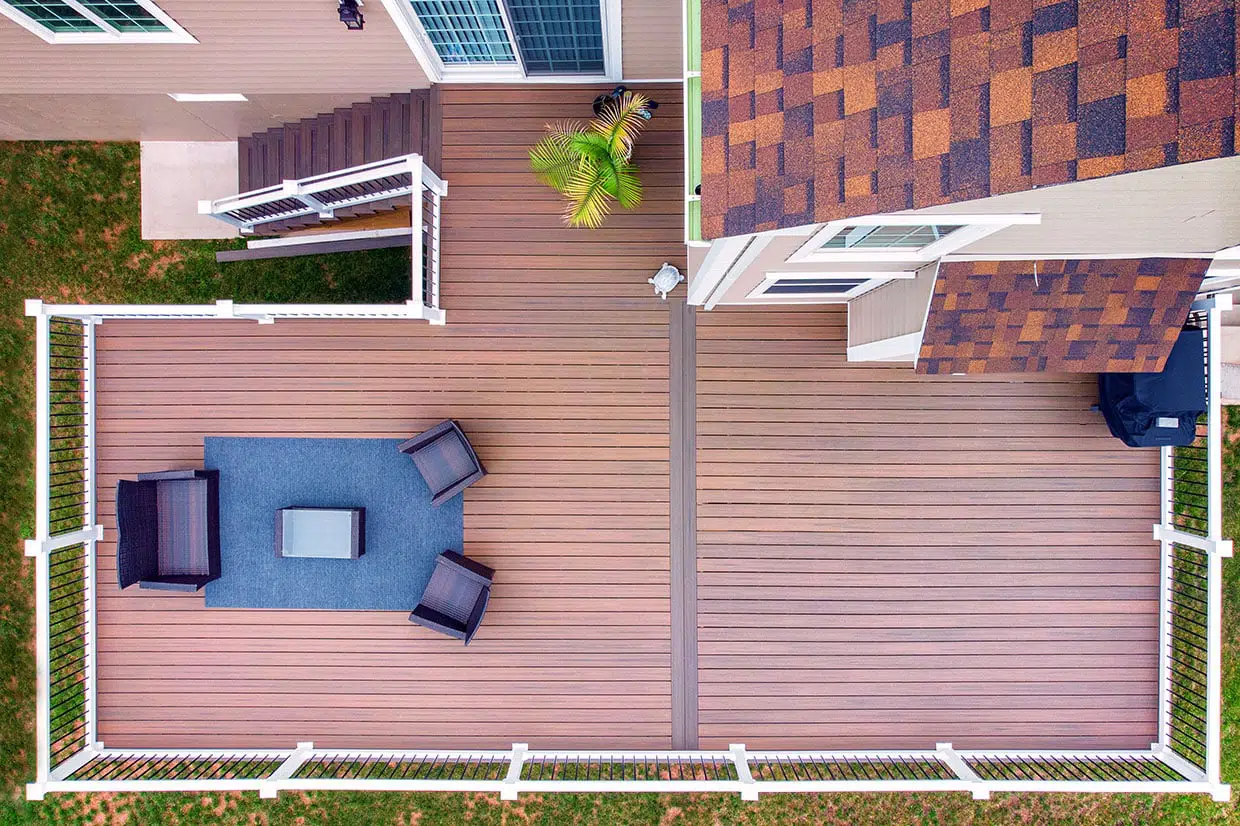Introduction:
When it comes to creating a beautiful and functional outdoor space, choosing the right decking material is a crucial decision. The perfect deck not only enhances the aesthetic appeal of your home but also adds value and provides a versatile space for relaxation and entertainment. With a plethora of decking materials available on the market, each with its unique characteristics, it’s essential to consider factors such as durability, maintenance, aesthetics, and budget before making a decision.
- Pressure-Treated Wood:
Pressure-treated wood is a popular and cost-effective choice for decking material. Typically made from pine, fir, or spruce, this material undergoes a chemical treatment process to resist rot, insects, and decay. It’s a durable option that can withstand the elements, but it may require periodic sealing or staining to maintain its appearance. Pressure-treated wood is a versatile choice, suitable for a range of styles and budgets.
- Cedar and Redwood:
Known for their natural beauty and resistance to decay, cedar and redwood are softwood options that offer a more attractive alternative to pressure-treated wood. These woods contain natural oils that act as a deterrent to insects and decay. While they are more expensive than pressure-treated wood, they require less maintenance and can be left untreated for a beautiful, weathered look.
- Composite Decking:
Composite decking is a synthetic material made from a combination of wood fibers and recycled plastic. This option provides the natural appearance of wood without the maintenance requirements. Composite decking is resistant to rot, insects, and fading, making it a durable choice for long-term use. It’s available in a variety of colors and styles, catering to different design preferences. Although the initial cost is higher, the reduced maintenance over time can make it a cost-effective choice.
- Vinyl Decking:
Vinyl decking is a low-maintenance and durable option that is resistant to moisture, mold, and insects. It is available in a range of colors and textures, providing versatility in design. Vinyl decking doesn’t require staining or sealing, making it an attractive option for those seeking a hassle-free outdoor space. While it tends to be pricier upfront, the minimal maintenance costs can offset the initial investment.
- Hardwood Decking:
Exotic hardwoods such as ipe, cumaru, and tigerwood offer a luxurious and durable decking option. Hardwoods are known for their natural resistance to decay and insects, as well as their unique and rich appearance. While they require periodic maintenance, such as oiling to maintain their color, hardwoods can provide a stunning and long-lasting deck that stands out in terms of both aesthetics and durability.
Conclusion:
Choosing the right decking material involves considering various factors, including your budget, desired maintenance level, and aesthetic preferences. Whether you opt for the traditional charm of wood or the modern durability of composite or vinyl, each material has its unique advantages. Take the time to assess your priorities and consult with professionals if needed to ensure that your chosen decking material meets your expectations for a beautiful, functional, and enduring outdoor space.

